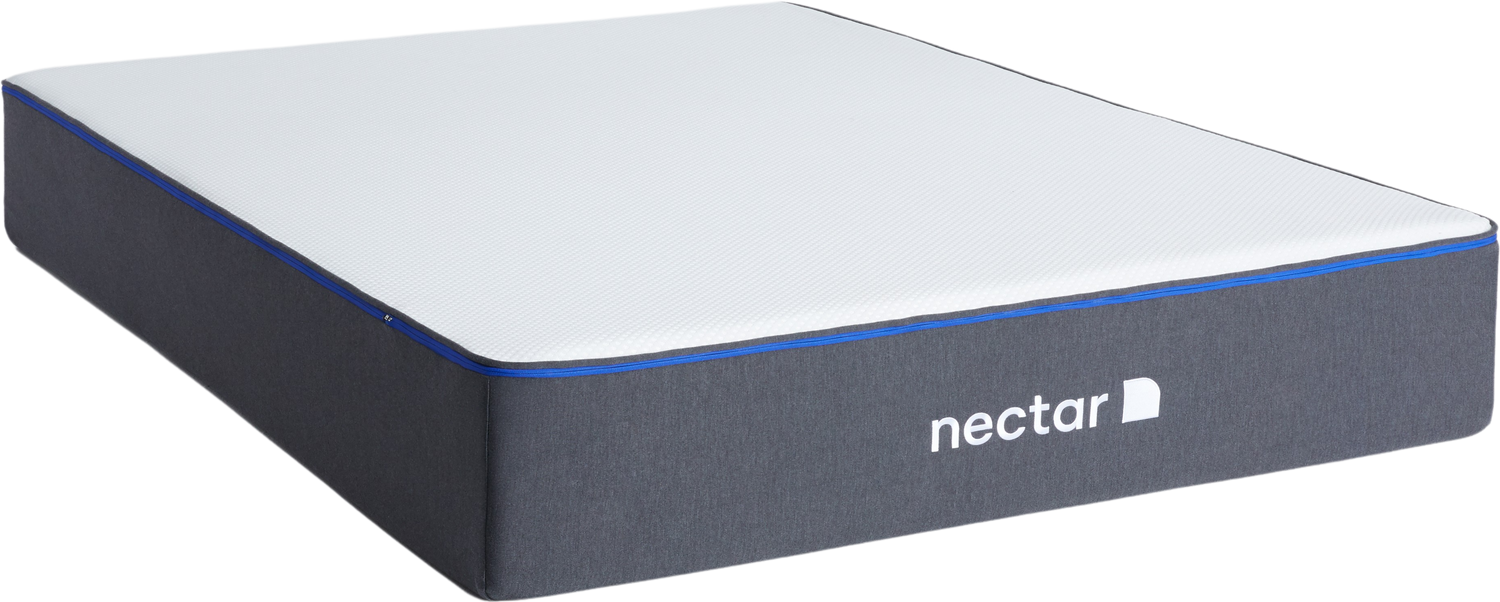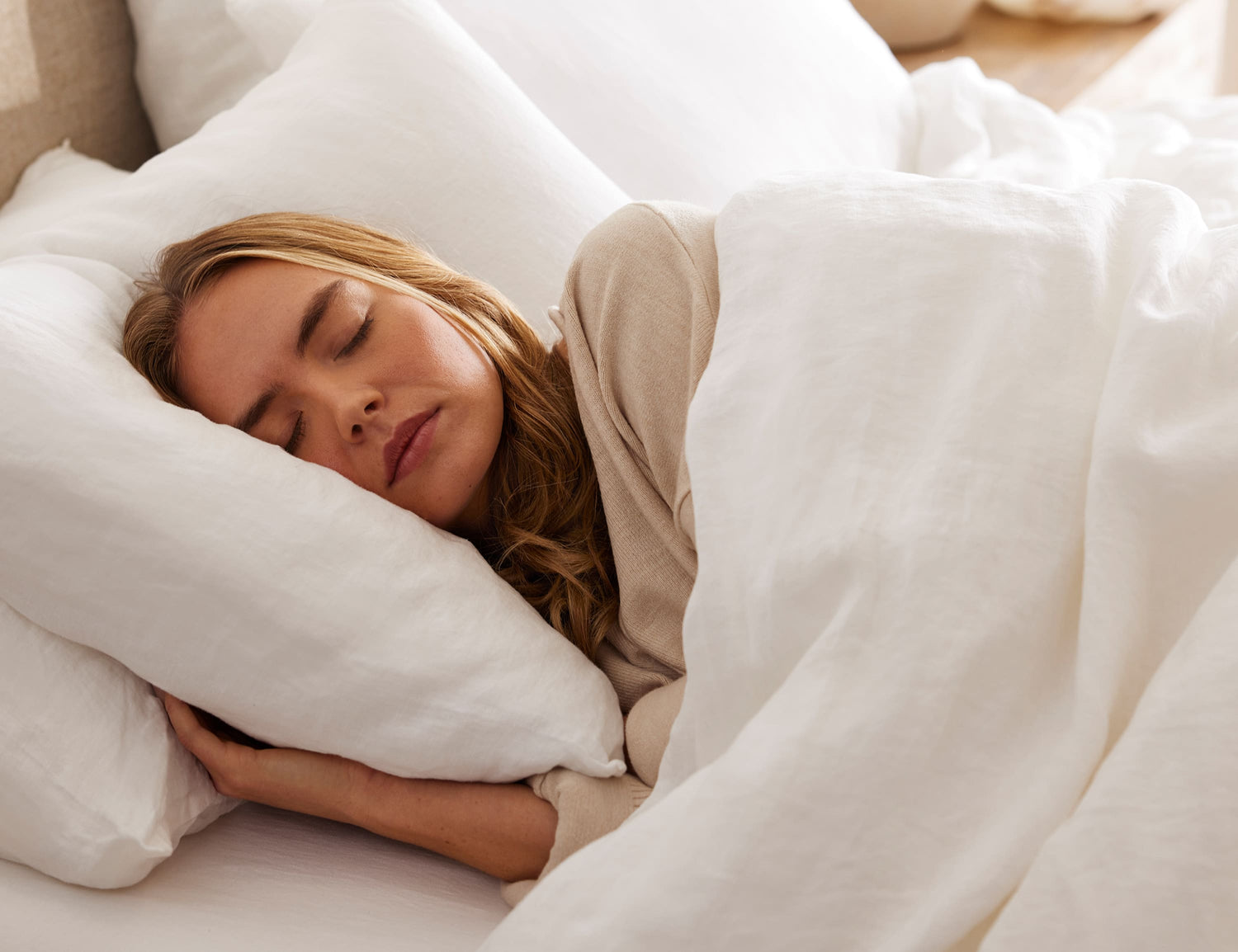1. Binge-watching your way into the early hours
We get it—sometimes one episode turns into three, and before you know it, it’s 1am and you’re halfway through a new season. But research shows that binge-watching before bed can seriously mess with your sleep. It’s not just the bright screen keeping you wired—it’s also the cliffhangers, the suspense, the emotional rollercoasters (looking at you, Narcos). A study from the Journal of Clinical Sleep Medicine found that people who binge-watch regularly tend to have poorer sleep quality and more insomnia symptoms.
What to do instead? Well, here’s a fun idea: consider some real-life nighttime bonding. Studies show that sex before sleep can help you doze off faster, thanks to those lovely feel-good hormones (hello, oxytocin). Now that’s a better bedtime story.
2. Happy hour that ends in a restless night
We hate to be the bearer of boring news, but that glass—or three—of wine could be messing with your sleep more than you realise. Yes, alcohol can make you feel drowsy initially, but it disrupts your sleep cycle later in the night. According to a Finnish study, just one drink can reduce your body’s ability to fully relax during sleep. Add a few more, and your sleep quality can drop by almost 40%.
You don’t have to give up your social life—just try swapping one or two drinks for something alcohol-free now and then. Your future well-rested self will thank you.
3. Caffeine too late in the day? Big no-no
Your 3pm latte might feel like a lifesaver during the afternoon slump, but it could be sabotaging your night. Caffeine lingers in your system for hours—research shows that having it up to six hours before bed can still affect your sleep.
If you’re struggling to wind down at night, try cutting off caffeine by early afternoon. Switch to herbal tea, decaf, or water. Boring? Maybe. Effective? Definitely.
4. A wonky bedtime schedule
Staying up late on weekends and sleeping in might feel like a treat, but your body craves consistency. You’ve got an internal clock—your circadian rhythm—and when you keep it steady, everything works better: digestion, energy, even mood. A study from Duke University found that people with irregular sleep schedules had higher body weight, higher blood sugar, and even a greater risk of heart issues down the road.
So yes, it’s annoying—but going to bed and waking up at roughly the same time each day really is one of the best things you can do for your health.
5. Playing catch-up on weekends? Not as helpful as you think
We’ve all said it: “I’ll just sleep in on Saturday to make up for the week.” Unfortunately, it doesn’t really work that way. Research from the University of Colorado Boulder shows that sleeping in on weekends doesn’t undo the damage from lost sleep during the week—and can actually throw off your sleep rhythm even more.
A better plan? Use those weekend mornings to get outside. Morning sunlight helps reset your internal clock, making it easier to fall asleep and stay asleep later.
6. Your bedroom isn’t helping you
Think of your bedroom like your sleep sanctuary. If it’s too hot, too noisy, or too bright, your brain doesn’t get the signal to shut down. Experts recommend keeping your room between 60 and 67°F (that’s about 15 to 19°C for us Brits). It might feel a bit chilly, but that drop in temperature helps your body get into sleep mode.
Also, block out light—yes, even streetlights. A Stanford study found that exposure to outdoor light at night is linked to poorer sleep quality. Blackout curtains, eye masks, and even turning off that glowing digital clock can make a big difference.
7. Junk food = junk sleep
Turns out, what you eat affects how you sleep. Diets high in fibre and low in saturated fats have been linked to better sleep quality. Think veggies, whole grains, and lean proteins. These foods help regulate your blood sugar, which in turn helps your body get the deep, restorative sleep it craves.
So if you needed another reason to skip the late-night fast food run—there it is.
8. Being glued to your phone in bed
Let’s be honest: how many times have you said “just one more scroll” before bed? Phones, tablets, and even e-readers emit blue light, which messes with melatonin—the hormone that tells your body it’s time to sleep. Studies show that people who use screens right before bed take longer to fall asleep and often have lower sleep quality.
Try setting a digital curfew—an hour before bed, switch to a book, do some gentle stretches, journal, or just... be. You’ll sleep better and wake up feeling much more refreshed.




